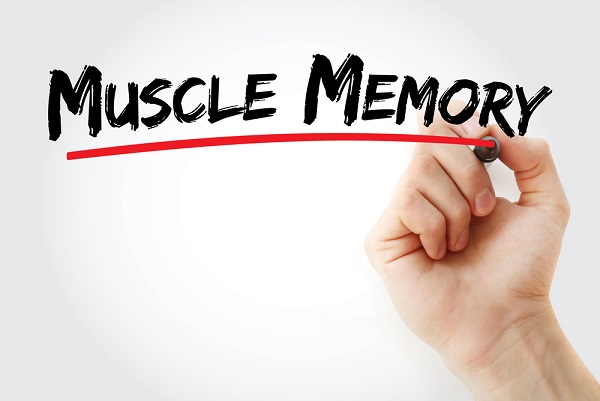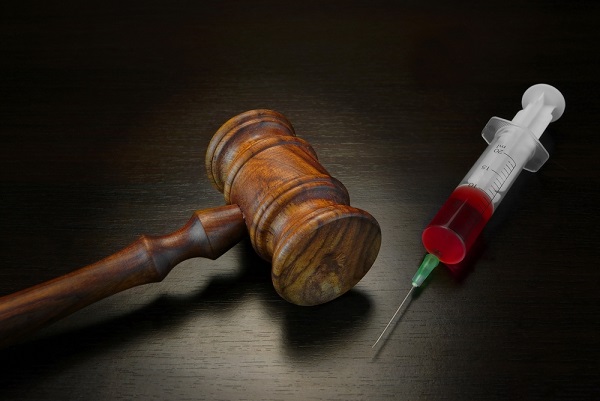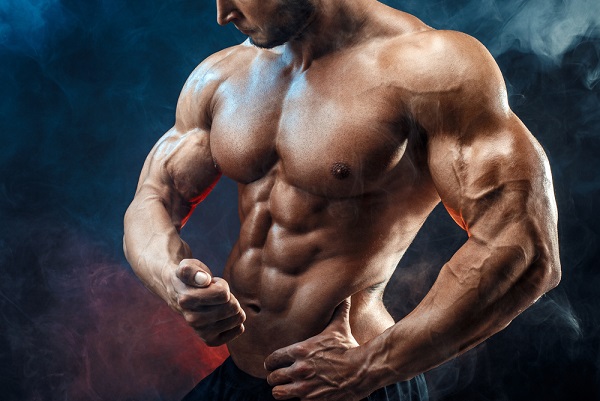Nutrition and Supplements Advice For Natural Bodybuilding
Natural bodybuilding is becoming more popular, however nutrition and supplements advice for natural bodybuilding are lacking. Bodybuilding competition preparation entails drastically reducing body fat while retaining muscle mass. This is often accomplished by calorie restriction, severe weight training, and increased cardiovascular exercise. To prepare for a competition, competitors use a variety of nutritional and supplemental regimens.
This article conducts a literature assessment on nutrition and supplementation for bodybuilding competition preparation. Dietary changes made throughout the last week to improve muscle definition and fullness, as well as psychosocial difficulties, will be discussed. Finally, evidence-based suggestions for nutrition, supplements, and “peak week” techniques for natural bodybuilders will be made.
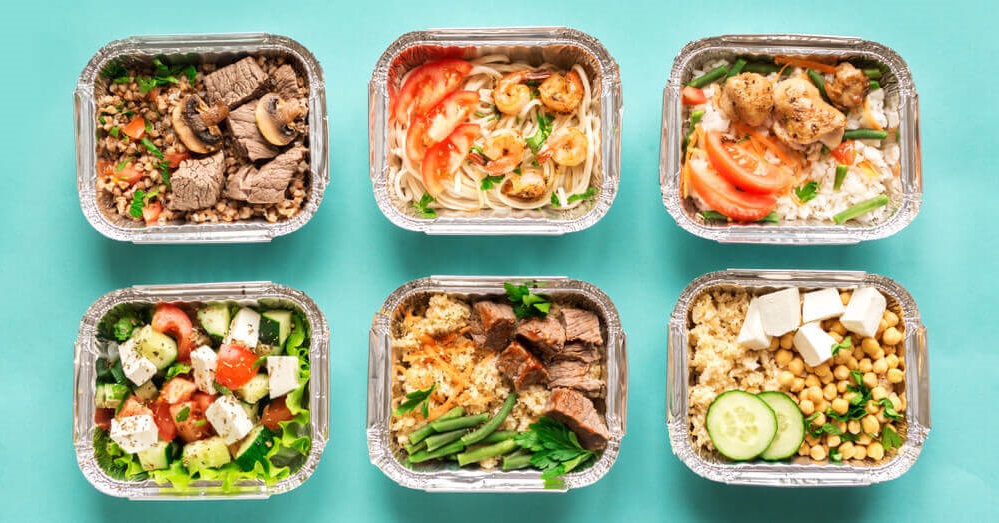
1. How should natural bodybuilders eat?
To optimal muscle retention, caloric intake should be regulated at a level that results in bodyweight losses of about 0.5 to 1% each week. Most, but not all, bodybuilders will respond best to consuming 2.3-3.1 g/kg of lean body mass per day of protein, 15-30% of calories from fat, and the remainder of calories from carbohydrate within this caloric intake.
Eating three to six meals per day with a protein meal of 0.4-0.5 g/kg bodyweight prior and following strength training likely enhances any theoretical benefits of nutrition timing and frequency. Changes in nutritional timing and frequency, on the other hand, appear to have no influence on fat loss or lean mass retention. (1)
Severe lows or highs in meal frequency may jeopardize lean mass preservation and appetite control during bodybuilding competition preparation. However, in the context of a solid training program and appropriately targeted total daily macronutrition, the functional impact of changes in meal frequency at moderate ranges (e.g., 3-6 meals per day with a minimum of 20 g protein each) is likely to be low.
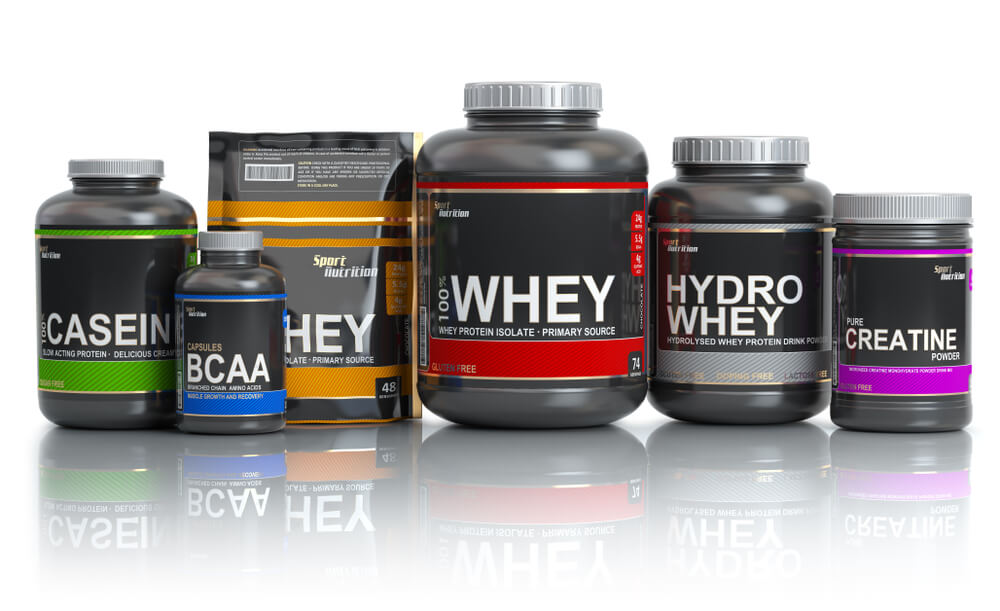
2. Do natural bodybuilders take supplements?
Creatine monohydrate, pre-workout, BCAA, glutamine and beta-alanine appear to be in favor of natural bodybuilding supplements for muscle growth in terms of competition preparation. Dehydration and electrolyte manipulation in the final days and hours before competition can be harmful and may have little effect on appearance. Theoretically, increasing carbohydrate intake at the end of preparation should improve look.
3. nutritional strategies of high level natural bodybuilders during competition preparation
In competitive bodybuilding competition, macronutrients and calories are typically followed by two to four month diets that reduce calories while increasing energy expenditure in order to get as thin as feasible. During this time, muscle maintenance is more important than fat reduction. To that purpose, appropriate caloric intakes, deficits, and macronutrient combinations should be observed while accommodating shifting needs during competition preparation. (2)
More energy must be expended than consumed in order to lose weight. This is possible by increasing caloric expenditure while decreasing caloric intake. The amount of weight loss will be determined by the extent of the calorie deficit and the length of time it is sustained. A daily calorie deficit of 500 kcals results in fat loss of around one pound per week if the weight reduction is entirely from body fat. (3)
It should be noted that the amount of tissue lost during an energy deficit is impacted by the extent of the energy deficit when establishing an optimal caloric intake. While larger deficits result in faster weight loss, the percentage of weight loss from lean body mass (LBM) tends to rise as the deficit size increases. More progressive weight loss rates may be better for LBM retention.
A 70 kg athlete at 13% body fat would need to be no more than 6 kg to 7 kg over their contest weight to achieve the lowest body fat percentages recorded in competitive bodybuilders following a traditional three month preparation at a loss rate of 0.5 kg per week (assuming the majority of weight lost is fat mass). If a competitor is not this thin at the outset of training, faster weight loss will be required, which may increase the danger of LBM loss. (4)
In a study of bodybuilders conducted during the twelve weeks before to competition, male competitors dramatically lowered their calorie intake in the second half, losing the most lean body mass (LBM) in the final three weeks. Therefore, compared to shorter or more severe diets, diets lasting more than two to four months that result in weekly weight loss of roughly 0.5 to 1% of bodyweight may be better for LBM retention. Additionally, it must be considered that the risk of LBM loss increases as a competitor grows slimmer. (5)

4. Importance of Protein During Contest Preparation
Consuming protein when training for a competition is necessary to promote LBM maintenance. A larger protein intake is necessary for athletes to support their increased activity and strength. Higher intakes are advantageous for athletes to boost LBM growth. Protein intake of 1.2-2.2 g/kg is sufficient for athletes who are at or above their energy demands to adapt to training.
Bodybuilders, on the other hand, often conduct resistance and cardiovascular training, restrict calories, and achieve exceptionally lean conditions throughout their contest preparation phase. Each of these variables raises protein requirements, and when combined, they may raise protein requirements even more. As a result, ideal protein intakes for bodybuilders during competition preparation may be substantially higher than currently recommended. (6)
5. Role of Carbohydrate During Contest Preparation
High carbohydrate diets are commonly regarded to be the key for athletic performance. Carbohydrate consumption, like protein, must be tailored to the individual. Low carbohydrate consumption can affect strength training, whereas high carbohydrate consumption prior to training can prevent glycogen exhaustion and hence improve performance.
Depending on the stage of training, carbohydrate consumption for strength sports, including bodybuilding, should range from 4 to 7 g/kg. However, a bodybuilder preparing for a competition might find it difficult to maintain the required calorie deficit while consuming enough protein and fat to meet this suggestion. (7) Lower carbohydrate diets, and particularly those with higher protein to carbohydrate ratios, often promote fat loss.
While low carbohydrate, high protein diets tend to be successful for weight loss, there appears to be a realistic carbohydrate barrier beyond which further decreases severely influence performance and put one at risk for LBM losses. Researchers analyzing bodybuilders during the final 12 week contest prep diet discovered that increasing carbohydrate during the final weeks of their diet may have reduced metabolic and hormonal responses related with LBM reductions.
6. Role of Fat During Contest Preparation
The majority of suggestions emphasize maintaining a sufficient fat intake while prioritizing carbohydrate to fuel performance and protein to develop and repair LBM. Reducing the amount of fat in diets from 40% to 20% has resulted in moderate but significant decreases in testosterone levels. However, it is difficult to differentiate the effects of lowering total dietary fat on hormone levels from changes in caloric intake and dietary percentages of saturated and unsaturated fatty acids.
A study discovered relationships between testosterone levels, macronutrient ratios, lipid types, and total dietary fat, demonstrating a complex interaction of variables. Connections between testosterone, protein, fat, and saturated fat were discovered that diets that are too low in fat or too heavy in protein may affect the hormonal response to training. (8)
Bodybuilders who are competing must reduce their caloric intake. If fat consumption is reduced, it might be able to prevent a drop in testosterone by continuing to consume enough saturated fat. But a decrease in testosterone does not necessarily translate into a decline in LBM. Low fat approaches that maintain carbohydrate levels appear to be more effective at preventing LBM losses than lower carbohydrate, higher fat approaches in direct studies of resistance trained athletes consuming calorically restricted high protein diets. According to these findings, maintaining resistance training performance with higher carbohydrate diets may be more beneficial for LBM retention than trying to maintain testosterone levels with higher fat intakes. (9)
7. Dietary recommendations for bodybuilding contest preparation
| Component | Recommendation |
|---|---|
| Protein (g/kg of LBM) | 2.3-3.1 |
| Fat (% of total calories) | 15-30% |
| Carbohydrate (% of total calories) | Remaining |
| Weekly weight loss (% of body weight) | 0.5-1% |
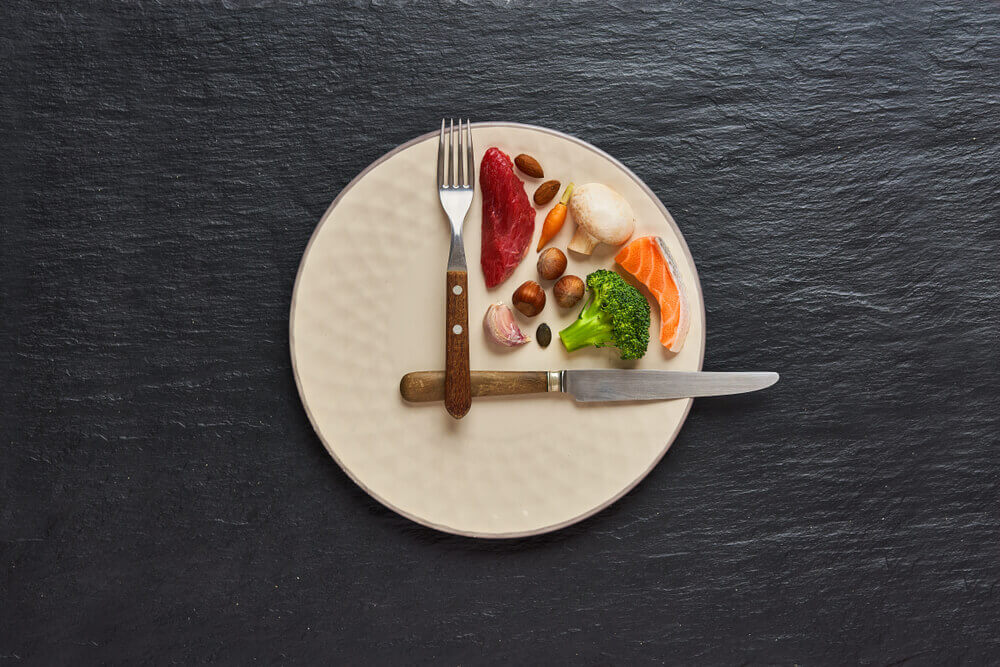
8. Nutrition Timing
The common question being asked by any bodybuilder is when is the best time to intake protein. Intake of protein, essential amino acids, and carbohydrates near or during a training session has consistently been demonstrated to promote muscle protein synthesis and decrease muscle protein breakdown. Consuming 40 g protein, 43 g carbohydrate, and 7 g creatine shortly before and after exercise resulted in larger size and strength gains than when the supplement amounts were taken later in the training session.
If the workout session does not exceed 2 hours, nutrient consumption during training is unlikely to have any effect on performance or muscle growth if sufficient pre-workout nutrition is in place.


